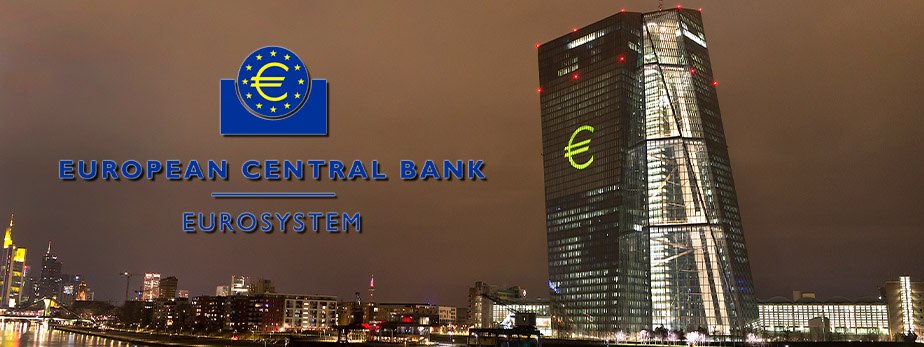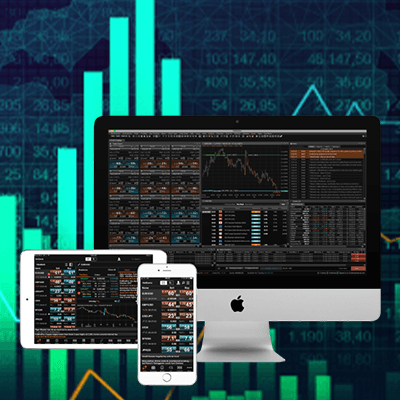Standard Chartered to Create FX e-Trading Engine in Singapore
London-based bank Standard Chartered intends to develop a Forex electronic trading and pricing engine in Singapore, a project that is also supported by the Monetary Authority of Singapore (MAS). The latter is the state’s main financial regulator and central bank.
The e-trading engine might be ready by the end of the first quarter of 2020. It will offer Standard Chartered’s clients e-trading solutions across 130 currencies and over 5,000 currency pairs in financial contracts like spot, forward, swaps, non-deliverable forwards (NDFs), and options. Besides this, the e-trading infrastructure will allow trading of commodities like precious and base metals.
Standard Charted to Bring FX Liquidity to Singapore
The British multinational bank and financial services firm is operating similar engines in London, New York, and Tokyo. The new Forex e-trading engine to be built in Singapore will offer clients in the Asian region better access to Forex pairs and liquidity. Singapore is known to be a financial hub especially oriented on the Forex space.
Michele Wee, who leads the company’s Financial Markets Singapore unit, commented:
Singapore continues to be the major FX hub in the world. E-trading take-up rates are very high amongst our clients; we have seen our FX e-trading volumes grow by 40% year-on-year. Through our new e-trading platform, clients in Asia can enjoy enhanced FX trading efficiency and improved liquidity. We can also offer them a more seamless experience and consistent pricing to meet their hedging requirements.
Singapore has turned into an important Forex hub including with the support of MAS. The regulator is welcoming financial services firms and banks that develop trading engines like the one announced by Standard Chartered on Monday.
Gillian Tan, the regulator’s executive director of Financial Markets Development Department, explained:
The move is aligned with our goal of enhancing liquidity, price discovery and transparency in Singapore’s FX market by strengthening FX e-trading capabilities and market infrastructure.
Currently, Forex trades in Singapore have to go through locations outside the city-state, like London and Tokyo, where most financial companies have their trading engines. Because of this, trading in Singapore might be delayed by a few milliseconds, which can count a lot in the Forex market, especially when the stakes are high.
In March of this year, FastMatch, which is Euronext’s Electronic Communication Network (ECN) for Forex trading, said that it was developing a new matching engine in Singapore. The infrastructure should be ready by the end of 2019.
Standard Chartered Launches Augmented Intelligence Engine
Last month, Standard Charted announced that it had launched the Trade AI (from Augmented Intelligence) Engine, which was developed in collaboration with tech giant IBM. The new trading engine aims to improve the customer experience in trade document processing by ensuring more efficiency and operational control. The solution can be used in Singapore, as well as in key markets in Asia, the Middle East, and Africa.
Traditionally, documentary trade involves millions of data points related to paper documents that have to be mostly checked manually. The Trade AI Engine developed by IBM and Standard Chartered reduces the time of this meticulous process and reduces potential human errors. The solution relies on the following key elements:
- Optical Character Recognition (OCR) technology that can convert non-digital shipping documents into digital format
- Identification and organisation of file types from an initial database with pre-defined criteria
- Continuous Machine Learning (ML) that relies on user re-classification of data elements to enhance accuracy
- Natural Language Processing (NLP) technology that can read and understand the context from data available in the documents
Lisa Robins, global head of the bank’s Transaction Banking, commented:
As a market leader and major intermediary between buyers and sellers in the centre of global trade, we process more than 36 million pages of trade documents annually, with over 200 million data elements for name capture and processing.
She added:
The Trade AI Engine significantly reduces the amount of time and effort in this review process while raising the bar on our controls environment, further enhancing our ability to play the connector role for our clients by facilitating transactions at pace with the growth of their businesses.

Anatol has been writing for our news site for a year and is the newest member of our team. While he’s new to us, he’s certainly not new to trading with over 10 years’ experience being a professional financial journalist and working in the markets.

 News Home
News Home
 Privacy Policy
Privacy Policy
 About Us
About Us






